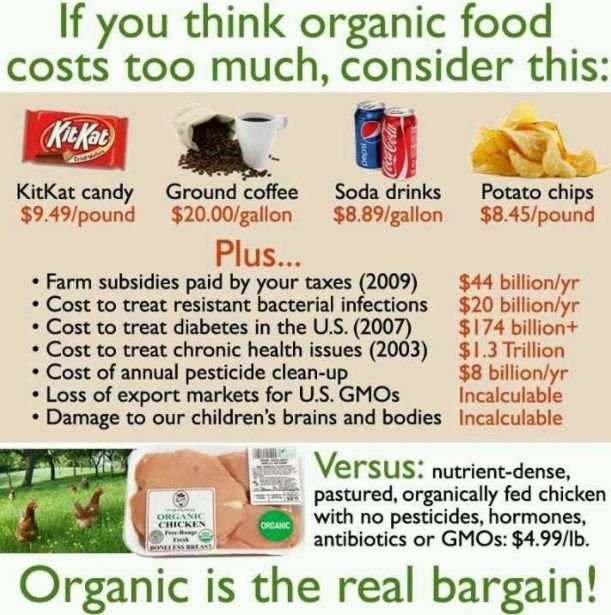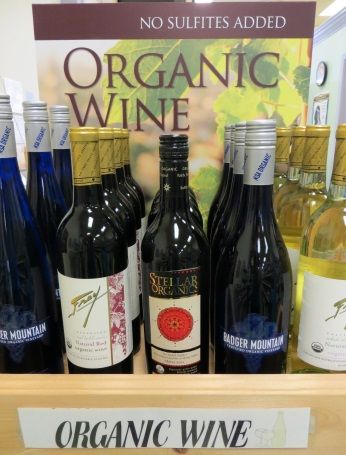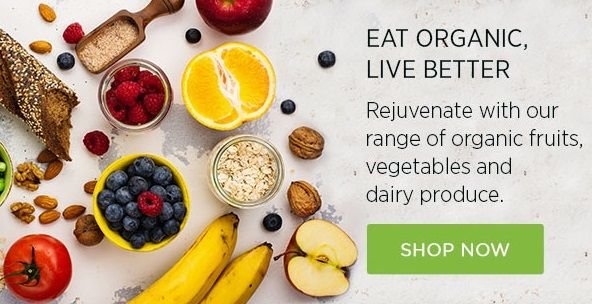Shopping for organic food; you might be throwing your money away.
Marketing is a powerful tool; it is a hidden driver of our subconscious. Making us all sometimes get things we do not even need. Case in point ORGANIC FOOD. Recent scientific studies suggest that organic products may not be as healthy or as nutritious as many believe. Studies suggest that organic foods may not be so nutritious after all.

For some years, many people have modified their eating habits to choose foods and food supplements labeled organic, either because of the belief that they are more nutritious than conventional foods, or, for ethical reasons or conservation of the environment. However, recent scientific studies show that such organic products - which are generally more expensive - are not necessarily as good for health as many claim.
For starters, what is an organic product? According to a very basic definition, an organic food is that which is obtained by organic agriculture; that is to say, that which promotes ecological balance, preserves the biodiversity and natural cycles of the planet's renewable resources. But the label organic does not refer to how healthy a food is. So, where did this idea come from? Apparently, marketing.

Producers and distributors of organic foods have led us to believe that the term organic is a healthy concept, and this argument has become a powerful trigger for buying: according to various US market statistics, 72 percent of consumers buy food For health reasons.
However, a study published in the Annals of Internal Medicine found that there is no substantial difference in the nutritional content of organic foods compared to those produced conventionally - in fact, nutritional density varies more depending on the climatic conditions in which the food grew, that by the method with which it was cultivated. Specialists in the area of nutrition at Stanford University say there is not much difference between organic food and conventional food, if you are an adult and you make a decision exclusively for health reasons. A later study, which appeared in the British Journal of Nutrition, found that in fact organic foods provide more nutrients than conventional ones, but the difference between them is minimal.

Another issue that worries consumers of organic food is the use of synthetic pesticides in conventional foods. In view of this, it is worth noting that both transgenic food producers and conventional or organic food use pesticides to protect their crops from organisms that can ruin them. And, in fact, some organic pesticides are as harmful as synthetic pesticides: it all depends on how much the producer uses.
The risk involved in organic food is that people who do not have the resources to buy these expensive products avoid consuming non-organic products for health reasons and are not properly nourishing themselves. A growing group of low-income people who cannot buy organic products prefer plainly to stop eating conventional fruits and vegetables because they think they will make them sick.
The important thing is to eat enough fruits and vegetables; to choose organic foods, rather than an obligation, is a matter of preferences.

References:
http://www.naturesbasket.com/
https://www.cambridge.org/core/journals/british-journal-of-nutrition
http://www.feelingoodhealthfooddestin.net/
http://medicmagic.net/
https://www.stanford.edu/
http://annals.org/aim
Are you into this type of topics, plus others like science, technology, human state, politics? Keep the conversation alive …. UPVOTE & perhaps, RESTEEM, and in addition you might want to click on the FOLLOW for further interesting posts. I do appreciate your comments,
I think the only organic food is in your garden:)
You have a 50-50 chance of eating Glysophate with ORGANIC, you have a 100% chance of eating GLYSOPHATE with non organic. Thats the odds. There is NO nutrition in eating non-organic whatsoever. Studies done by MONSANTO PAID SCIENTISTS!
nice
glad you read ... cheers
I agree with u 100%, that 'organic' label has been a very good marketing gimmick. There is no escaping chemicals/toxins in this day and age. They are in everything whether organic or not. Thank you for sharing :)
Interesting post, thanks!